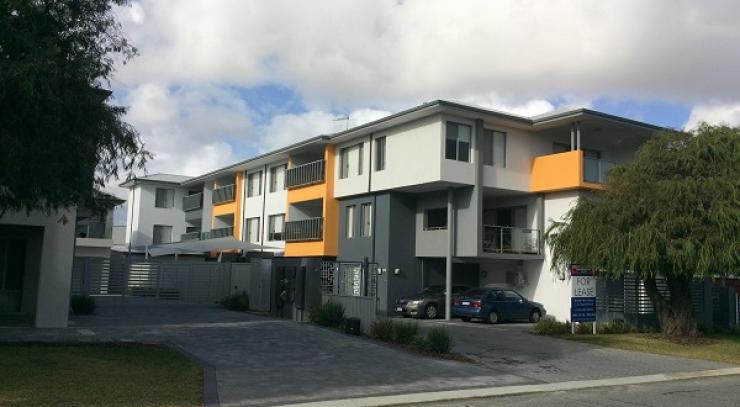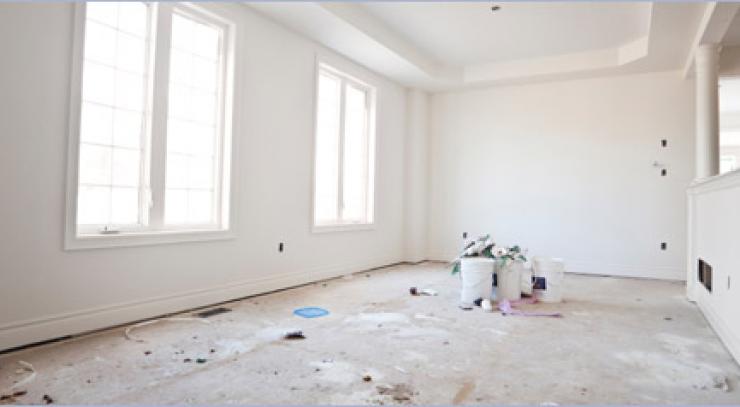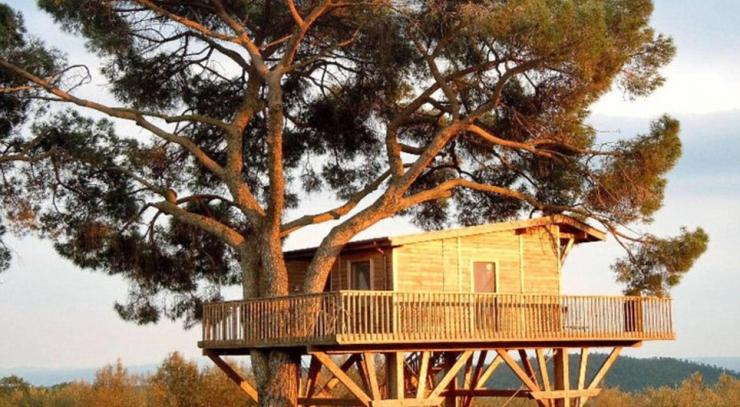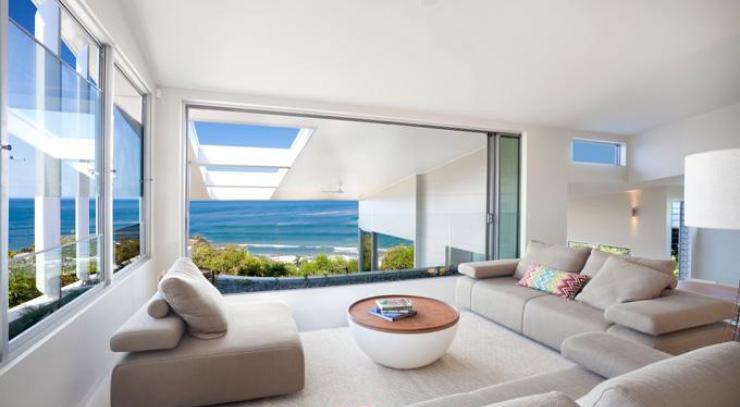The popularity of short-term rental platforms like Airbnb, VRBO, and FlipKey has skyrocketed in recent years. With this growth has come increased regulatory complexity surrounding short-term rental legality. Depending on location, property type, and rental duration, listing a property for short-term rentals can involve navigating a maze of restrictions and requirements.
The Complex Landscape of Short-Term Rental Legality
The legal landscape for short-term rentals varies widely across different states, counties, and municipalities. With the significant increase in the short-term rental investment market, communities are scrambling to update regulations in order to preserve local character, maintain safety standards, and guarantee proper tax revenue collection. This has led to a complex patchwork of laws that hosts must carefully navigate.
Location is one of the primary factors determining the legality of a short-term rental listing. Popular tourist destinations like New York City or New Orleans have implemented tight regulations, whereas smaller towns or rural areas tend to have minimal oversight. Regulations also differ based on property type with additional restrictions often placed on condos, coops, and planned developments. The duration of the rental is another consideration, as many cities limit stays to under 30 days.
Municipal Restrictions: A Deep Dive
At the city and county level, short-term rental regulations focus on preserving community character, facilitating tax collection, and promoting public safety. Common requirements include:
-
Registration/Licensing - Hosts must register properties and obtain licenses or permits to operate legally. This facilitates tax collection and code enforcement.
-
Fees - An annual registration fee, usually $100-$500, is typical. Taxes and hotel occupancy fees also apply.
-
Insurance - Hosts may need to obtain short-term rental insurance or commercial general liability insurance.
-
Occupancy Limits - Limits are often placed on maximum guest occupancy.
-
Location Restrictions - Short-term rentals may be prohibited in certain neighborhoods or zones.
Cities have the right to impose fines, suspend licenses, or levy other penalties for violations of these municipal short-term rental regulations.
Notable City-Specific Short-Term Rental Regulations
Because each city faces unique challenges, short-term rental rules can vary dramatically across urban areas:
-
New York City - Strict limits exist on short-term rental durations and eligible property types. Violators face fines up to $5,000.
-
New Orleans - In certain neighborhoods, there is a prohibition on short-term rentals of entire homes for more than 90 days per year.
-
San Luis Obispo County, CA - Short-term rentals are banned within 200 feet of other vacation rentals in residential zones.
-
San Francisco - Short-term rentals cannot exceed 90 days per year unless the host lives on-site. Owner occupancy requirements aim to prevent conversion of housing stock to vacation rentals.
Key Takeaway: Location matters when evaluating short-term rental regulations. Cities alter the restrictions to address local needs and priorities.
The Changing Tide of Short-Term Rental Enforcement
Historically, enforcement around short-term rental laws has been relatively lax. However, as short-term rentals proliferate, cities are ramping up oversight and rule enforcement. Technology tools allow municipalities to identify illegal listings across platforms and levy fines accordingly.
For instance, the city of Henderson, Nevada was unaware of the existence of 400 short-term rental units until utilizing Host Compliance monitoring software. Access to comprehensive data supports stronger enforcement and policy making. Expect tighter regulatory oversight and steeper penalties for violations as communities work to curb undesirable impacts of short-term rental growth.
Condos, Coops, and Planned Developments: A Different Ball Game
Condominiums, cooperatives, planned unit developments, and other shared living spaces involve additional governing structures like homeowners' associations (HOAs) and boards. These bodies can implement covenants, conditions, and restrictions (CC&Rs) or bylaws that prohibit or severely limit short-term rental activity.
Such policies aim to preserve community character and maintain property values by preventing what some view as the "commercialization" of their community via vacation rentals. HOAs and boards can impose fines, place liens against properties, or even pursue legal action for violations.
Comparison of Municipal vs HOA Short-Term Rental Regulations
Municipal Regulations
HOA/Board Regulations
Scope
Community-wide
Specific private communities
Goals
Tax compliance, safety, housing availability
Preserve property values and community character
Enforcement
Fines, license suspension, other penalties
Fines, liens, lawsuits
Key Takeaway: While cities govern entire communities, HOAs can create hyper-local rules for specific properties or developments. Both entity's regulations must be followed.
Renters Beware: Lease Agreements May Restrict Short-Term Rentals
Renters interested in hosting short-term guests through platforms like Airbnb should carefully review their lease terms first. Many agreements expressly prohibit subletting properties for short-term rentals. Violating lease policies could potentially lead to eviction.
Key Takeaway: While municipal regulations address community-wide impacts, leases determine rules for individual properties. Abiding by your signed lease agreement is critical, even if local laws permit short-term rentals.
Navigating the Complex Legal Landscape
Here are some tips for hosts looking to navigate this complex patchwork of short-term rental rules:
-
Review Online Summaries - Platforms like Airbnb provide basic regulatory overviews for major cities. This helps hosts familiarize themselves with key limitations.
-
Consult Municipal Codes - For comprehensive details, read the specific municipal or administrative codes that govern short-term rentals in your jurisdiction.
-
Contact Local Authorities - Reach out to zoning boards, housing authorities, neighborhood associations, etc. to answer specific compliance questions.
-
Seek Legal Advice - For complex scenarios like HOA rules or lease considerations, consult a real estate attorney for guidance.
With the right resources and preparation, hosts can successfully traverse the maze of short-term rental regulations across cities, municipalities, and communities. Careful adherence to all applicable rules is strongly advised to avoid stiff penalties.
Frequently Asked Questions
1. What are some exceptions to short-term rental restrictions in major cities?
In New York City, it is legal to rent out a room in your apartment while you are present, since the entire unit is not being rented out. Some cities also have exception zones with relaxed restrictions, like New Orleans' Commercial District.
2. How can I check my city's rules on short-term rentals?
The fastest way to check local short-term rental rules is to search online for "(City Name) short-term rental regulations." Many cities also have short-term rental hotlines or dedicated government web pages explaining key laws and policies.
3. What should I do if my condo association prohibits short-term rentals?
You must abide by any CC&Rs or bylaws established by your condo association. Violating rules imposed by a homeowners association can result in fines or other legal action. Before listing your condo, verify HOA policies or consult the board.
Conclusion
Short-term rental platforms have unlocked new opportunities for property owners and travelers alike. However, navigating the complex legal landscape is critical for hosts seeking to capitalize on this trend while remaining compliant. With the right preparation and guidance, hosts can successfully traverse regional restrictions and embrace the new sharing economy.

















